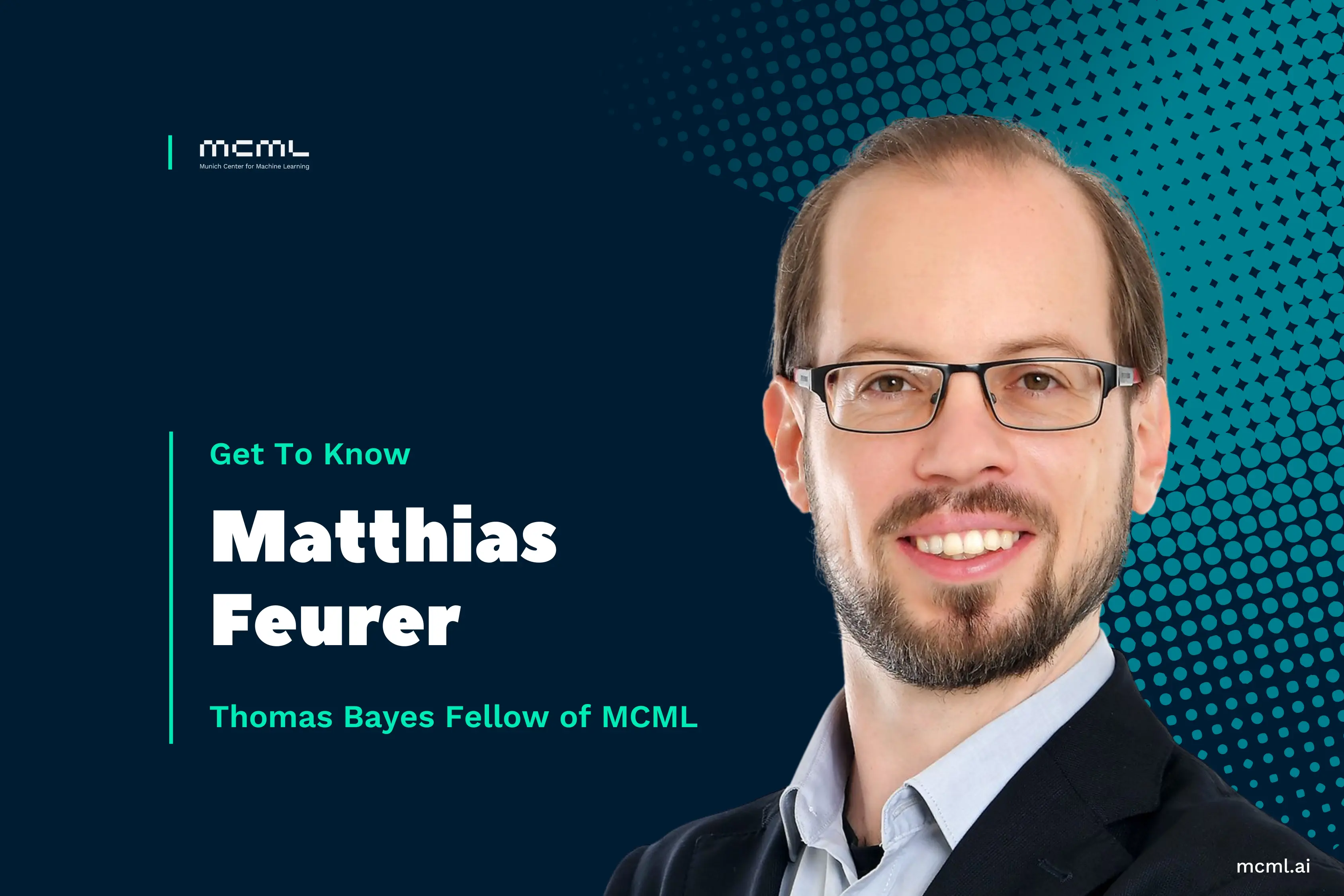18.07.2022
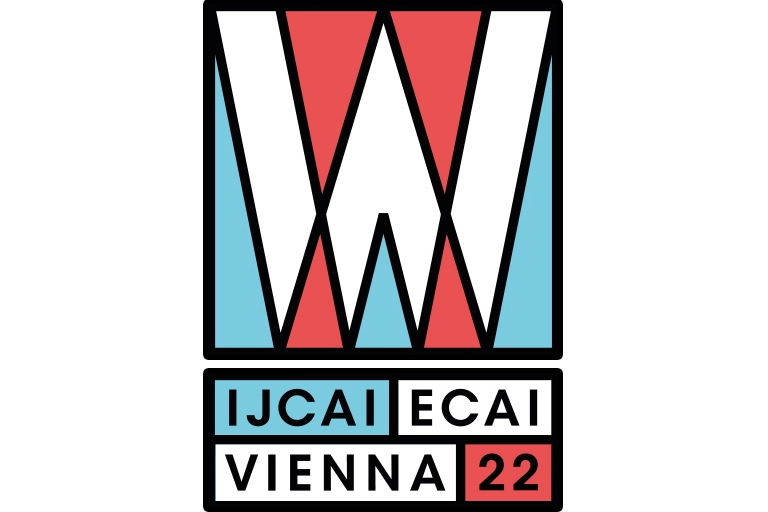
MCML at IJCAI-ECAI 2022: Three Accepted Papers (2 Main, and 1 Workshop)
31st International Joint Conference on Artificial Intelligence and the 25th European Conference on Artificial Intelligence (IJCAI-ECAI 2022). Vienna, Austria, 23.07.2022–29.07.2022
We are happy to announce that MCML researchers have contributed a total of 3 papers to IJCAI-ECAI 2022: 2 Main, and 1 Workshop papers. Congrats to our researchers!
Main Track (2 papers)
Improving Inductive Link Prediction Using Hyper-Relational Facts (Extended Abstract).
IJCAI-ECAI 2022 - Best paper track at the 31st International Joint Conference on Artificial Intelligence and the 25th European Conference on Artificial Intelligence. Vienna, Austria, Jul 23-29, 2022. DOI
Abstract
For many years, link prediction on knowledge graphs (KGs) has been a purely transductive task, not allowing for reasoning on unseen entities. Recently, increasing efforts are put into exploring semi- and fully inductive scenarios, enabling inference over unseen and emerging entities. Still, all these approaches only consider triple-based KGs, whereas their richer counterparts, hyper-relational KGs (e.g., Wikidata), have not yet been properly studied. In this work, we classify different inductive settings and study the benefits of employing hyper-relational KGs on a wide range of semi- and fully inductive link prediction tasks powered by recent advancements in graph neural networks. Our experiments on a novel set of benchmarks show that qualifiers over typed edges can lead to performance improvements of 6% of absolute gains (for the Hits@10 metric) compared to triple-only baselines.
MCML Authors

Max Berrendorf
Dr.
* Former Member
A Survey of Methods for Automated Algorithm Configuration.
IJCAI-ECAI 2022 - 31st International Joint Conference on Artificial Intelligence and the 25th European Conference on Artificial Intelligence. Vienna, Austria, Jul 23-29, 2022. Extended Abstract. DOI
Abstract
Algorithm configuration (AC) is concerned with the automated search of the most suitable parameter configuration of a parametrized algorithm. There is currently a wide variety of AC problem variants and methods proposed in the literature. Existing reviews do not take into account all derivatives of the AC problem, nor do they offer a complete classification scheme. To this end, we introduce taxonomies to describe the AC problem and features of configuration methods, respectively. We review existing AC literature within the lens of our taxonomies, outline relevant design choices of configuration approaches, contrast methods and problem variants against each other, and describe the state of AC in industry. Finally, our review provides researchers and practitioners with a look at future research directions in the field of AC.
MCML Authors

Marcel Wever
Dr.

Viktor Bengs
Dr.
Workshops (1 paper)
Uncertainty-aware Evaluation of Time-Series Classification for Online Handwriting Recognition with Domain Shift.
STRL 2022 @IJCAI-ECAI 2022 - Workshop on Spatio-Temporal Reasoning and Learningat the 31st International Joint Conference on Artificial Intelligence and the 25th European Conference on Artificial Intelligence. Vienna, Austria, Jul 23-29, 2022. URL
Abstract
For many applications, analyzing the uncertainty of a machine learning model is indispensable. While research of uncertainty quantification (UQ) techniques is very advanced for computer vision applications, UQ methods for spatio-temporal data are less studied. In this paper, we focus on models for online handwriting recognition, one particular type of spatio-temporal data. The data is observed from a sensor-enhanced pen with the goal to classify written characters. We conduct a broad evaluation of aleatoric (data) and epistemic (model) UQ based on two prominent techniques for Bayesian inference, Stochastic Weight Averaging-Gaussian (SWAG) and Deep Ensembles. Next to a better understanding of the model, UQ techniques can detect out-of-distribution data and domain shifts when combining right-handed and left-handed writers (an underrepresented group).
MCML Authors

Felix Ott
Dr.
* Former Member
#research #top-tier-work #bischl #huellermeier #ruegamer #tresp
Related
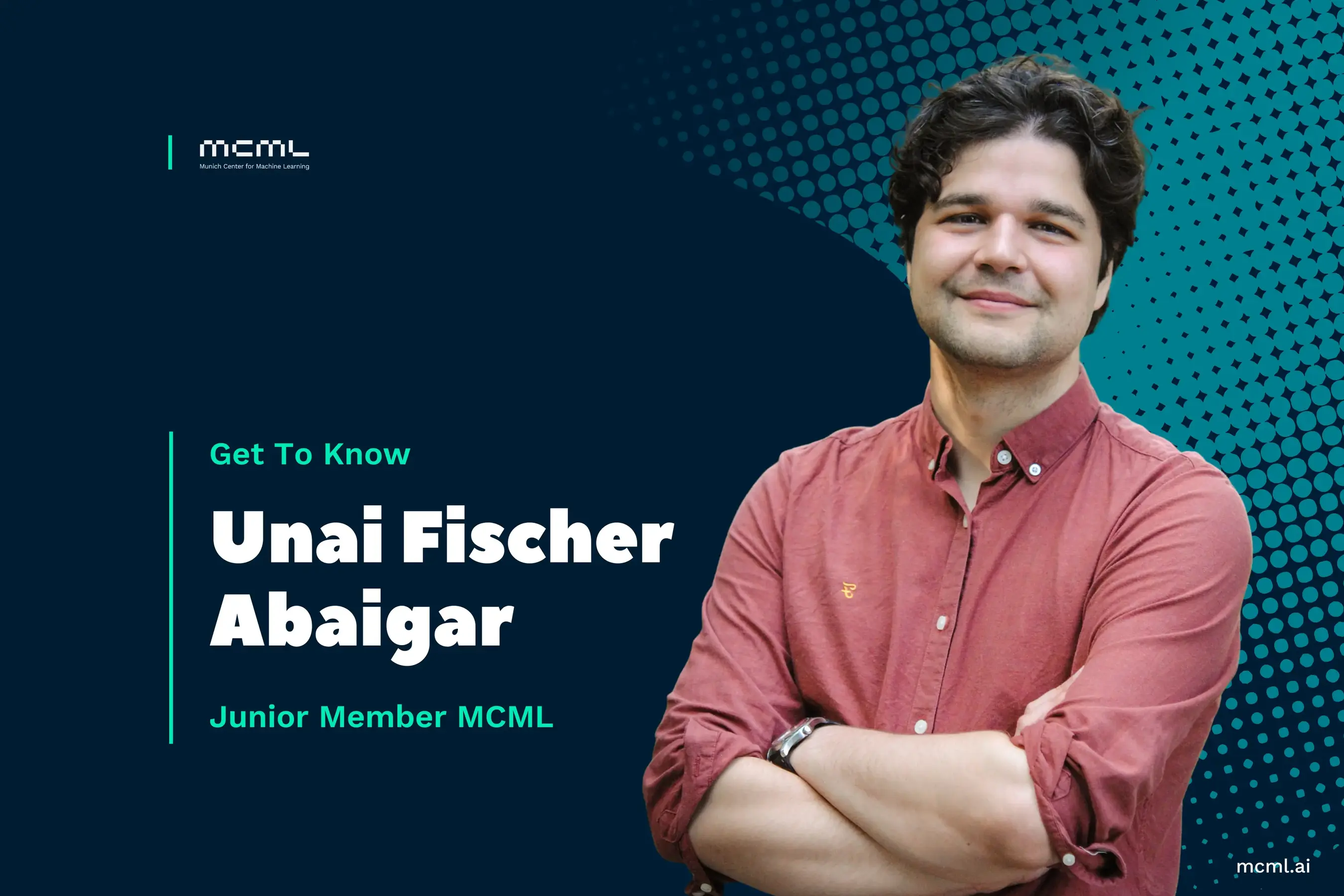
09.10.2025
Rethinking AI in Public Institutions - Balancing Prediction and Capacity
Unai Fischer Abaigar explores how AI can make public decisions fairer, smarter, and more effective.
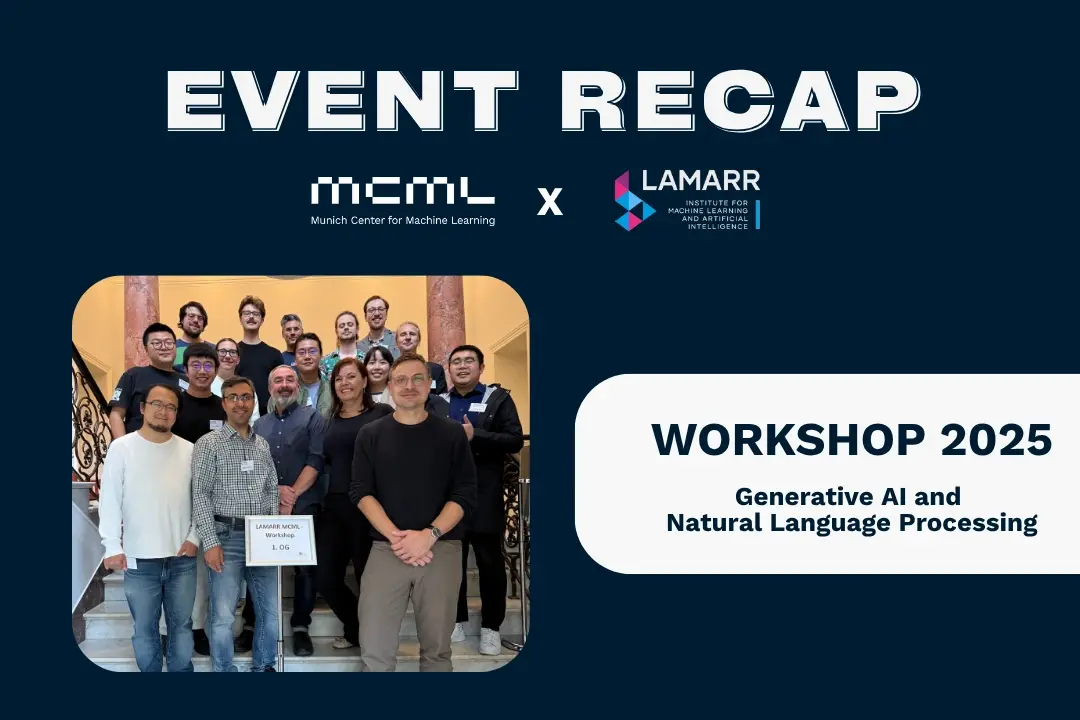
08.10.2025
MCML-LAMARR Workshop at University of Bonn
MCML and Lamarr researchers met in Bonn to exchange ideas on NLP, LLM finetuning, and AI ethics.
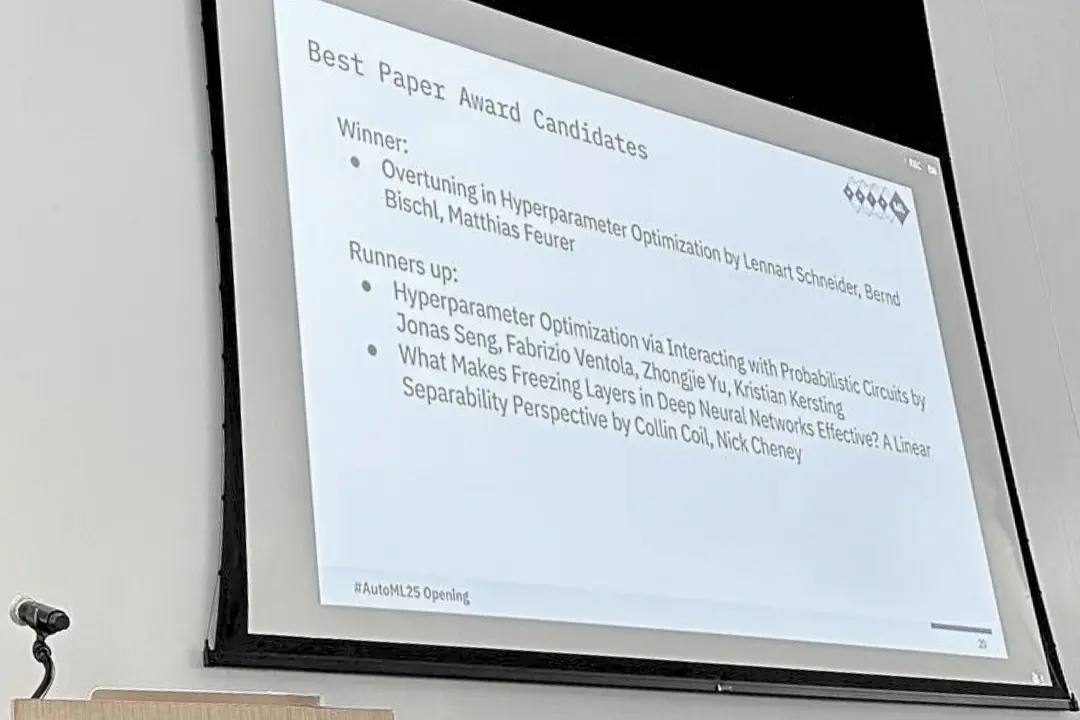
08.10.2025
Three MCML Members Win Best Paper Award at AutoML 2025
MCML PI Matthias Feurer and Director Bernd Bischl’s paper on overtuning won Best Paper at AutoML 2025, offering insights for robust HPO.
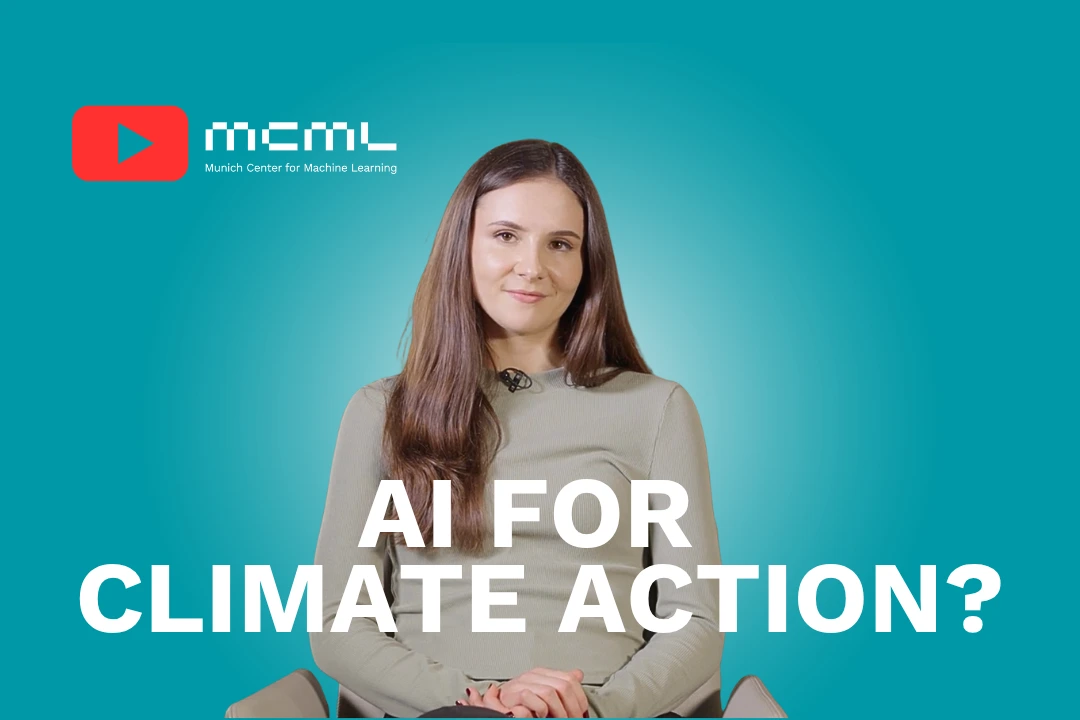
29.09.2025
Machine Learning for Climate Action - With Researcher Kerstin Forster
Kerstin Forster researches how AI can cut emissions, boost renewable energy, and drive corporate sustainability.





